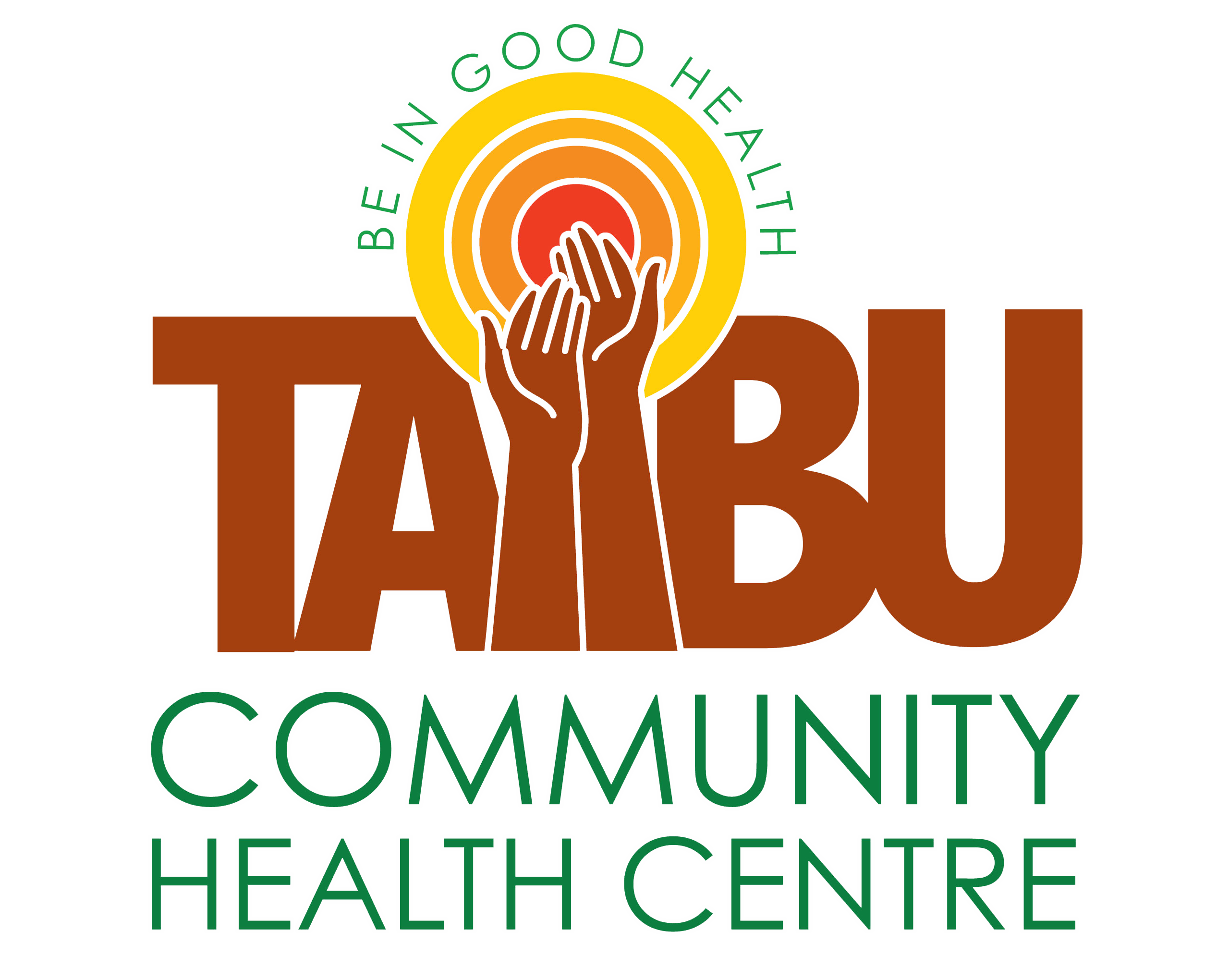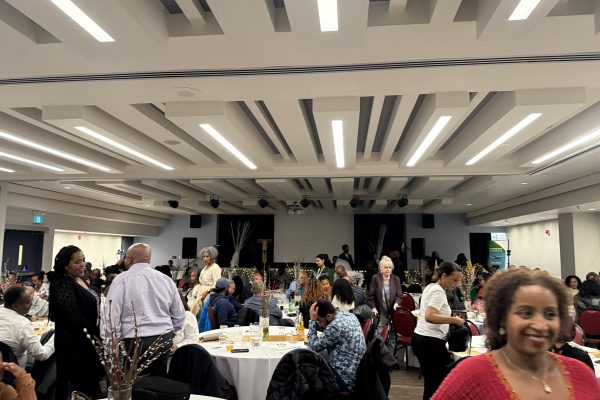Ontario is banning the arbitrary and race-based collection of identifying information by police, referred to as carding or street checks.
The press release sent to ethiofidel.com from the Ministry of Community Safety and Correctional Services states that the regulation prohibiting carding also sets out, for the first time in Ontario’s history, clear and consistent rules for a range of voluntary police-public interactions where police are seeking to collect identifying information.
These rules will ensure that those interactions are conducted without bias or discrimination, and done in a manner that promotes public confidence and keeps Ontario communities safe. It also establishes new training, data management, reporting, and other requirements to strengthen accountability.
The final regulation – which is mandatory for all police services across the province – reflects feedback from public consultations on how the regulation can further enhance accountability, transparency, oversight, and public confidence. These include:
Appointing an independent reviewer who will complete a review of the regulation within two years of full regulatory implementation, in consultation with the Anti-Racism Directorate
Clarifying language and scope of the regulation to ensure a consistent application across Ontario
Establishing a training advisory round table comprised of policing, civil liberties, human rights, and youth experts to provide feedback to the Ontario Police College in developing a new training curriculum for all police officers in Ontario.
The Ministry of Community Safety and Correctional Services will also launch a multi-year academic study to better understand the impact on community safety from collecting identifying information through police interactions with the public.
Supporting safe, healthy communities is part of the government’s plan to create a fair and inclusive society.
QUOTES
“This regulation delivers on our government’s commitment to prohibit carding and street checks in Ontario. It both bans the arbitrary and race-based collection of identifying information and establishes clear and consistent rules for police officers to protect individual rights in interactions that help keep our communities safe. Our regulation reflects the public input we received from Ontarians, and our work with civil liberties, human rights, policing, legal and community partners, as well as ethnic and cultural groups. These important changes will help strengthen public accountability and foster increased public trust in police, which is essential for building a stronger, safer Ontario.” Yasir Naqvi, Minister of Community Safety and Correctional Services
Photo by Mahider Getachew














